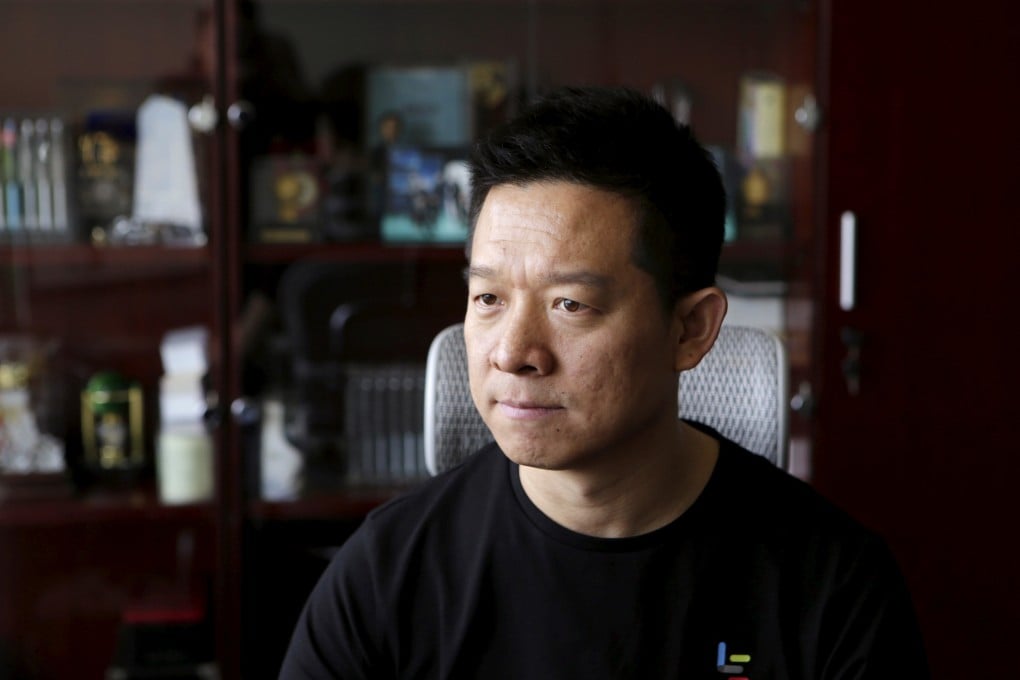Remainder of Chinese internet firm LeTV moves out of Beijing office while disgraced founder fights US boardroom battle
- Jia fled the country for the United States in 2017 the evening before relinquishing all his corporate roles at LeTV
- Jia founded Faraday Future Intelligent Electric Inc in the US but has quickly become embroiled in a boardroom battle for control

LeTV, a Chinese internet firm founded by a controversial Chinese tycoon, is to move out of its landmark Beijing office building while founder Jia Yueting continues to fight a boardroom battle to regain control of the company’s Faraday Future electric vehicle venture.
Jia fled the country for the United States in 2017 the evening before relinquishing all his corporate roles at LeTV, which resulted in LeTV becoming one of China’s most spectacular corporate failures.
The Chinese securities regulator last year imposed a fine of 240 million yuan (US$33.7 million) on LeTV for a variety of financial frauds between 2007 and 2016 and permanently banned Jia from taking part in China’s securities market.
LeTV subsequently maintained a small team in Beijing and the human resources department of the company recently issued a letter to employees saying it would vacate its Lerong Building next week. The building was bought by Jia in 2014 and auctioned off last November to a new owner as creditors chased LeTV assets as repayment.
According to the letter, which has circulated widely on Chinese social media, the human resources team thanked remaining employees for their persistence in helping LeTV “regain its reputation”.
“We fell … but we will not lay flat,” according to the letter circulating on the internet.
Calls by the Post to two telephone numbers listed on LeTV’s website to confirm the contents of the HR letter went unanswered as of Friday.